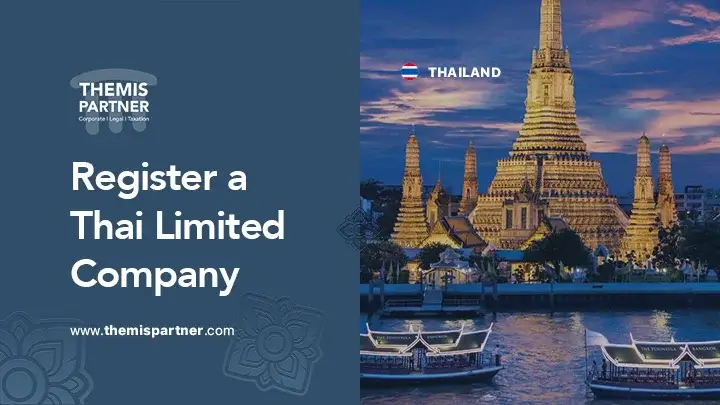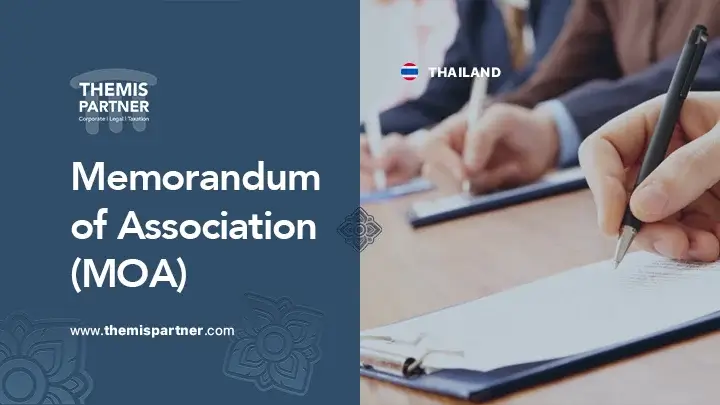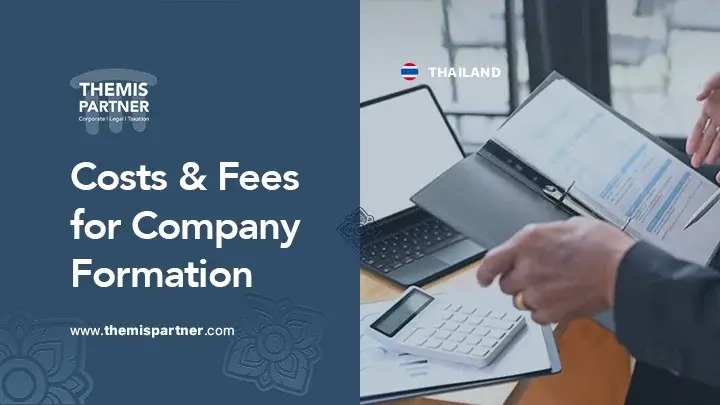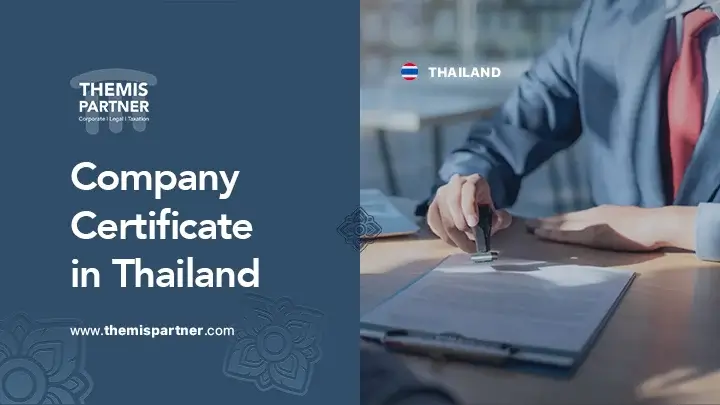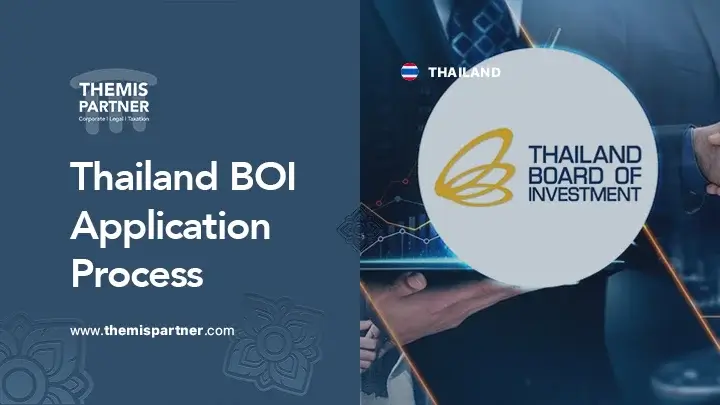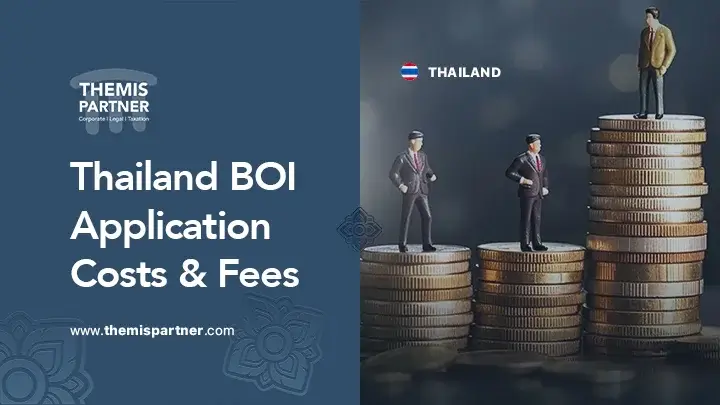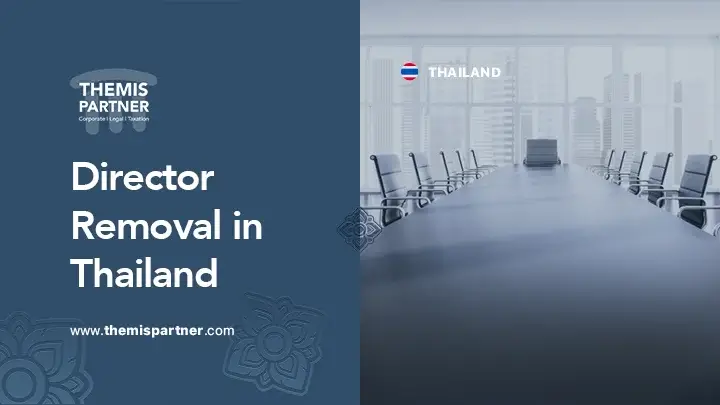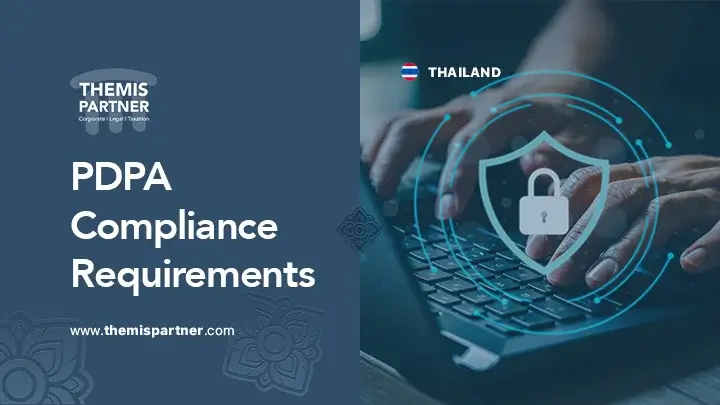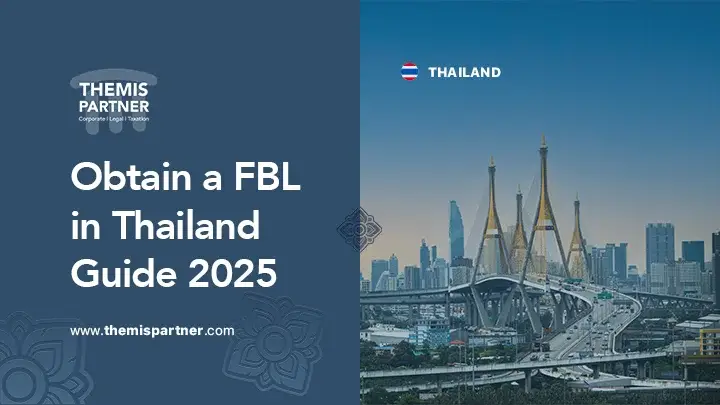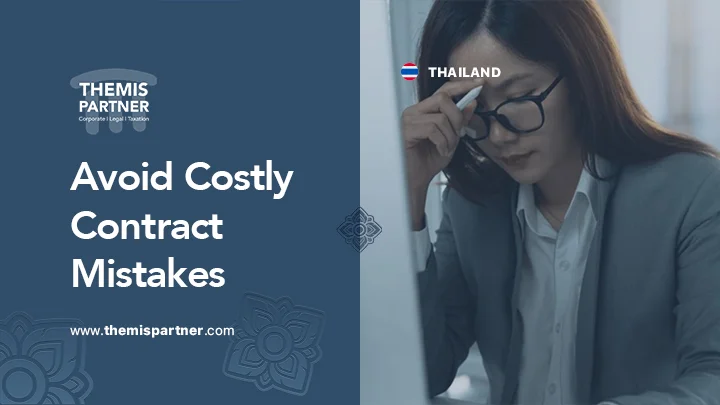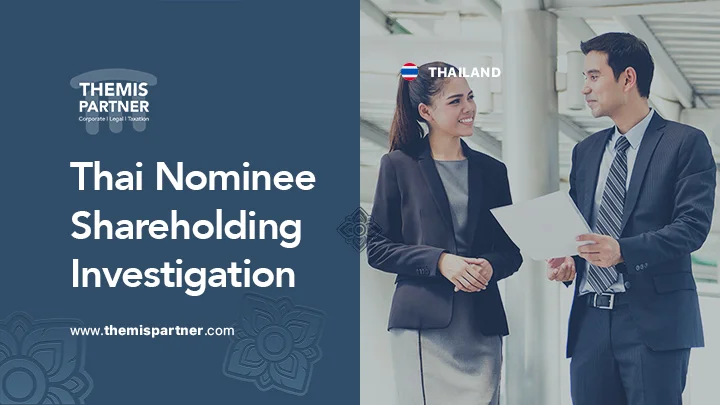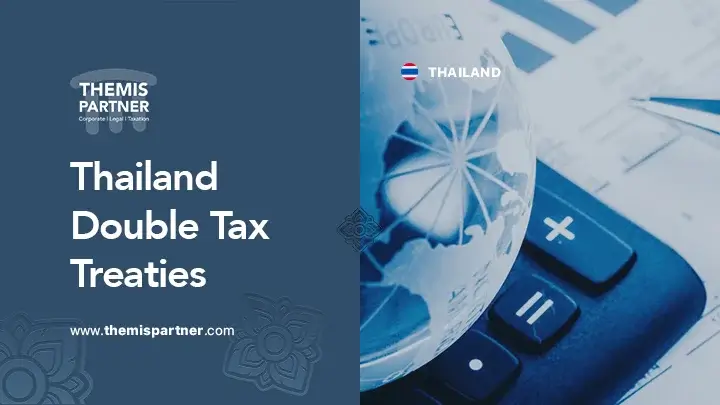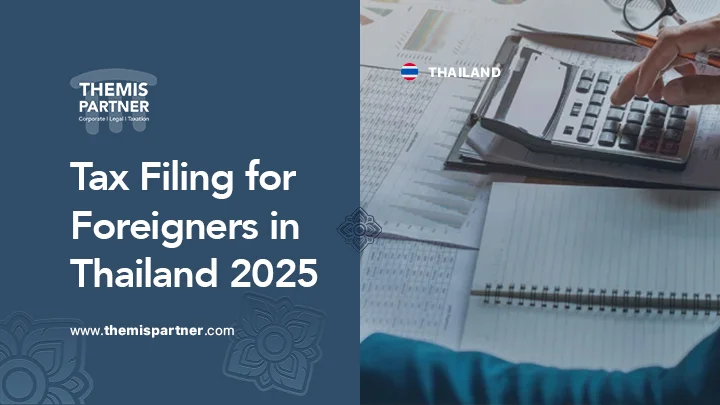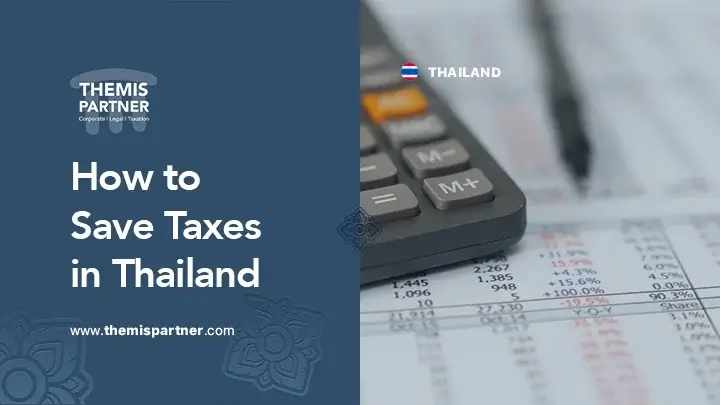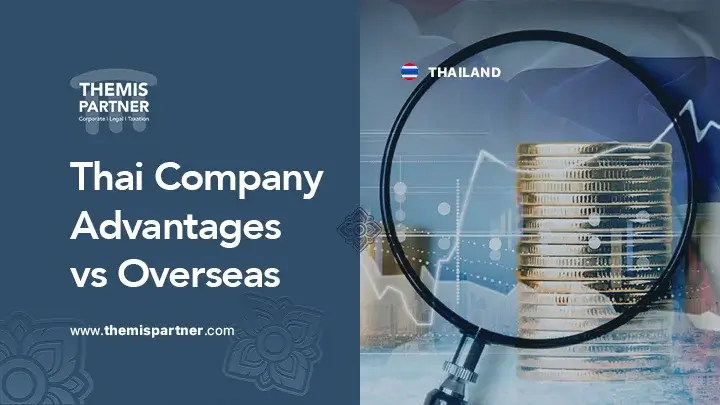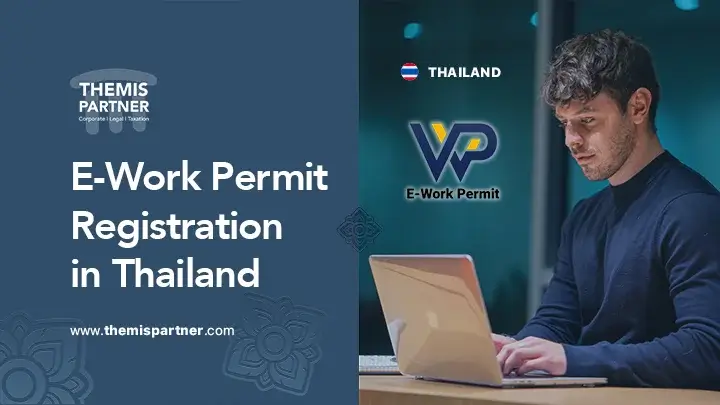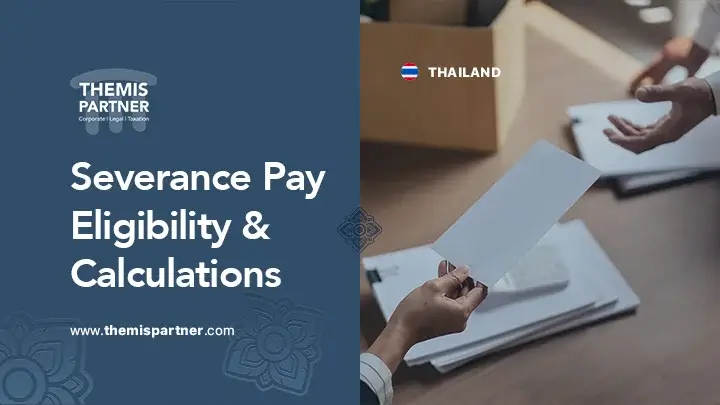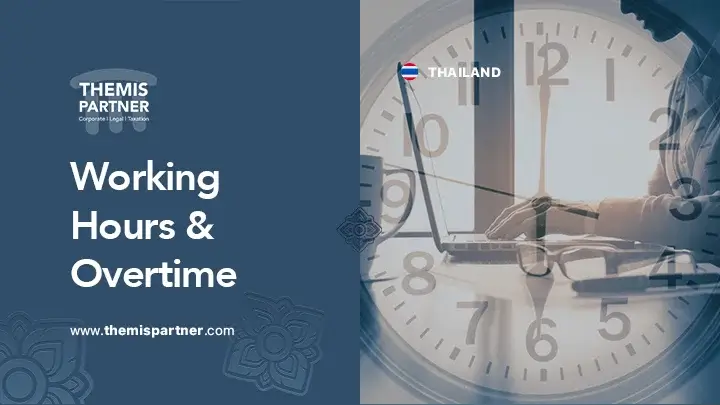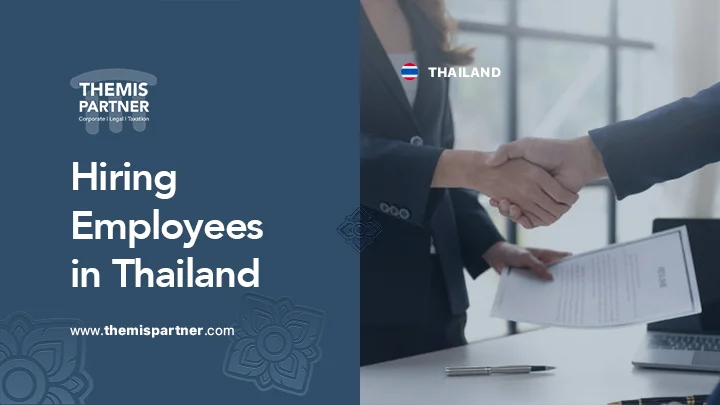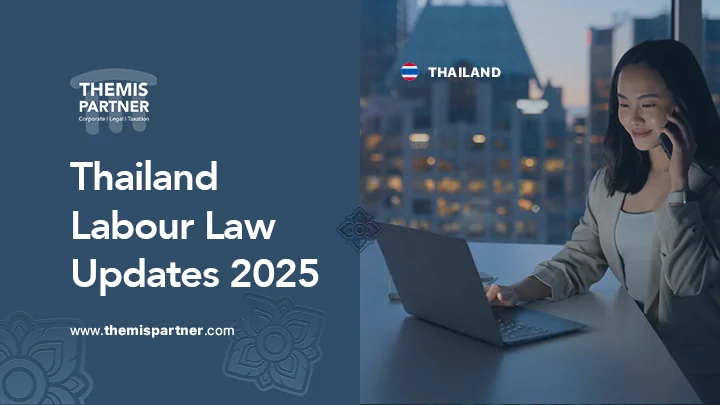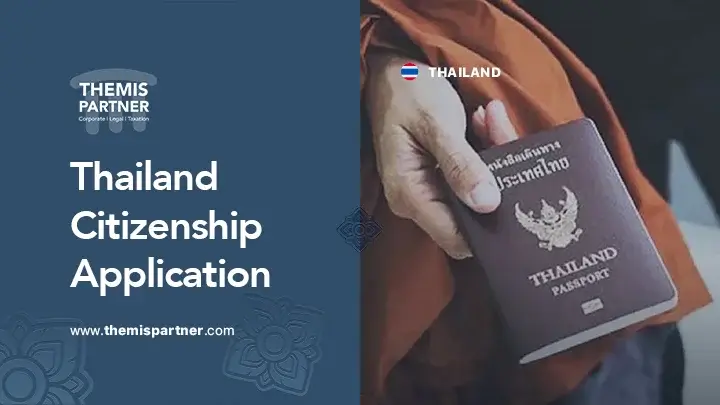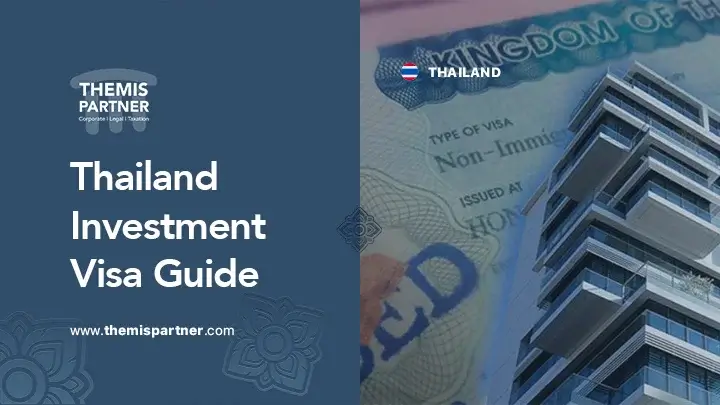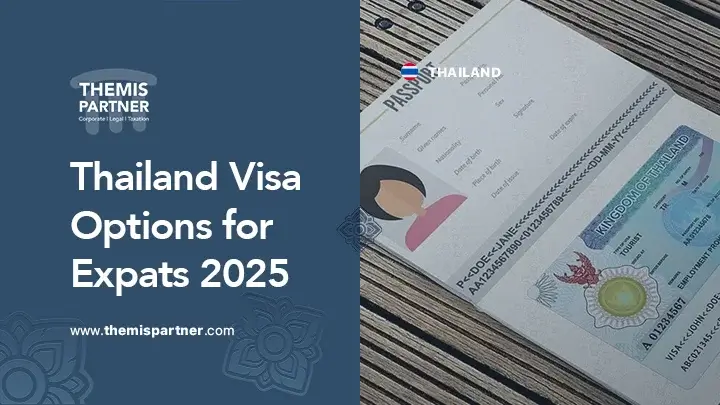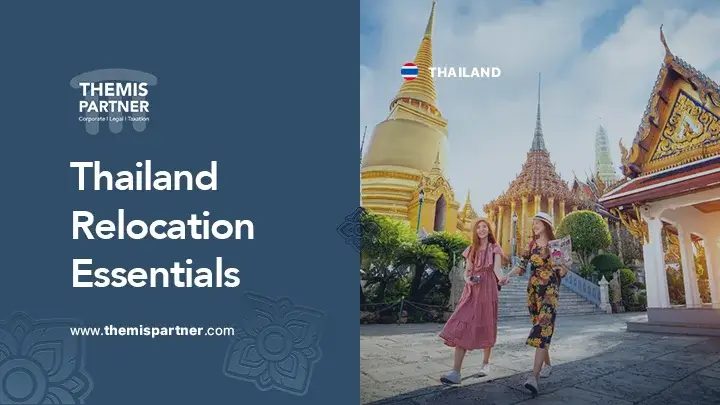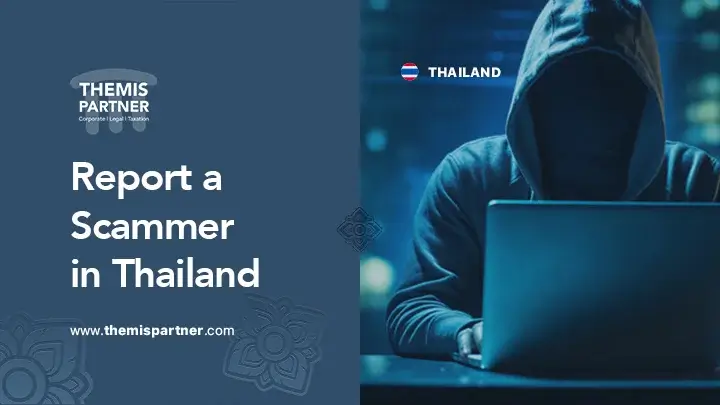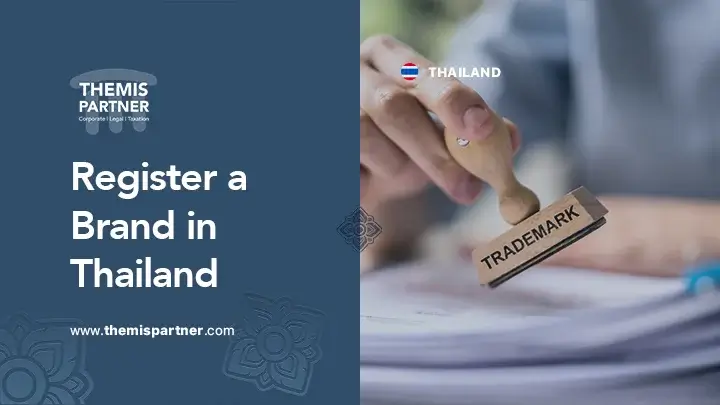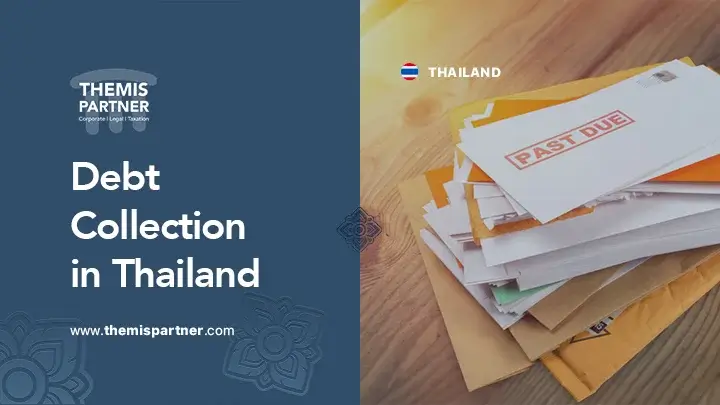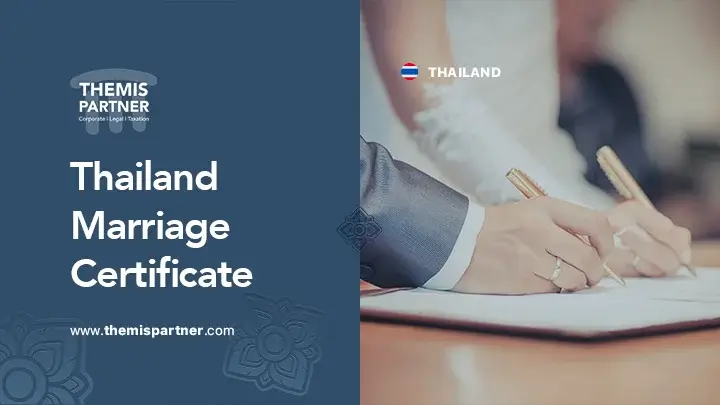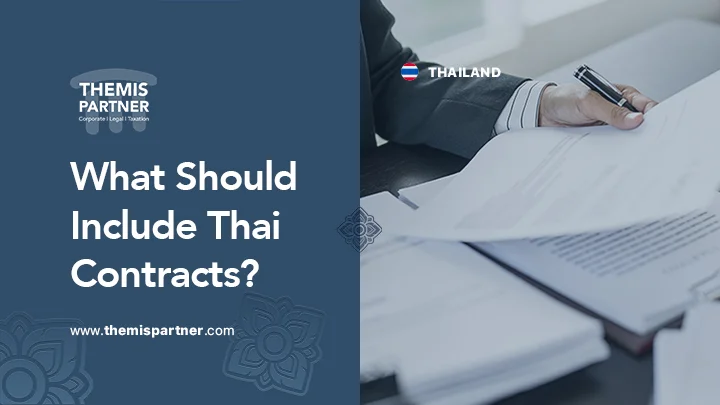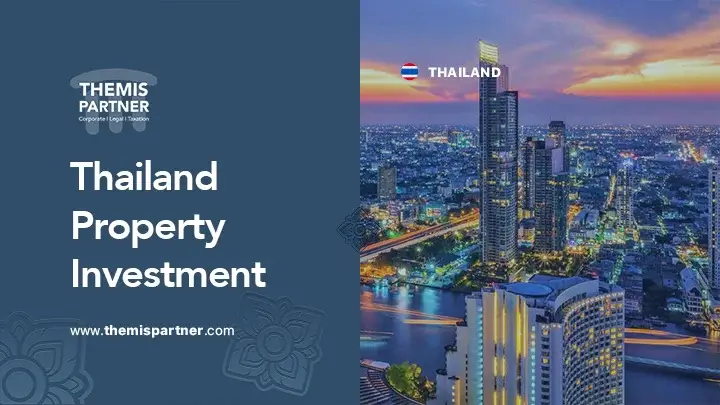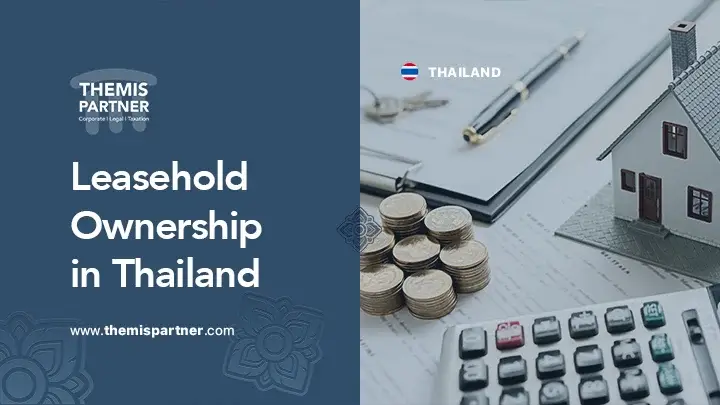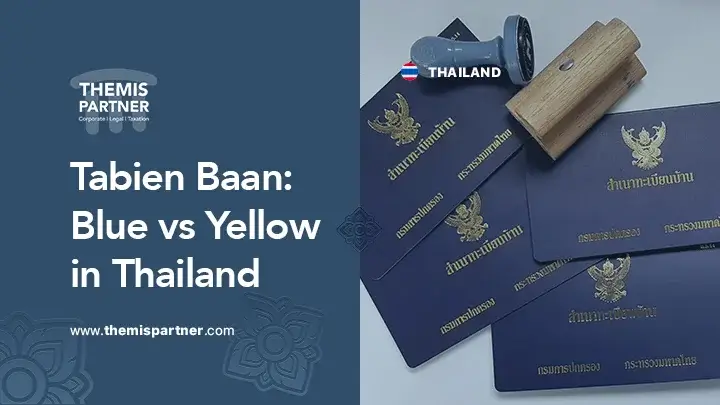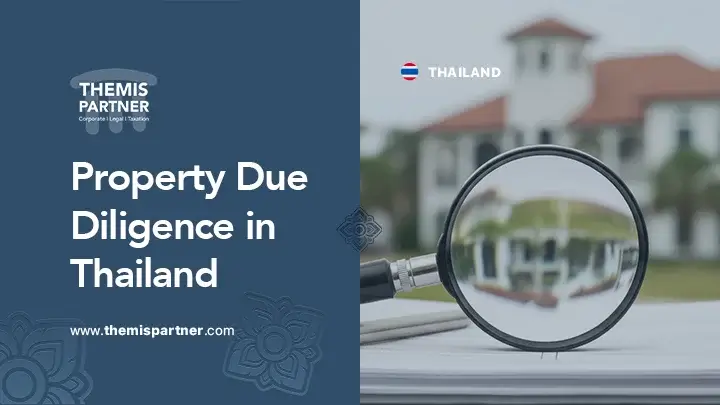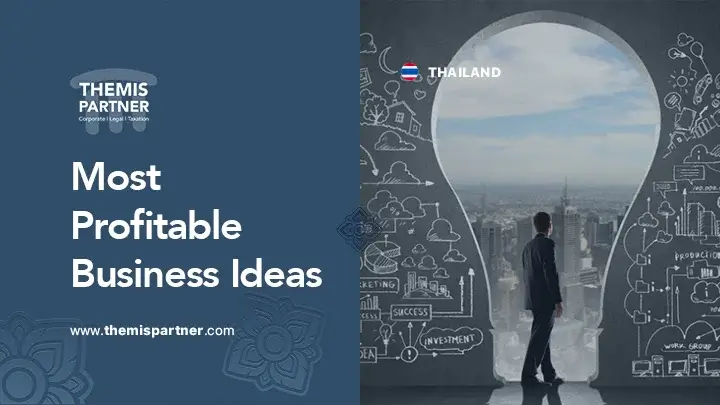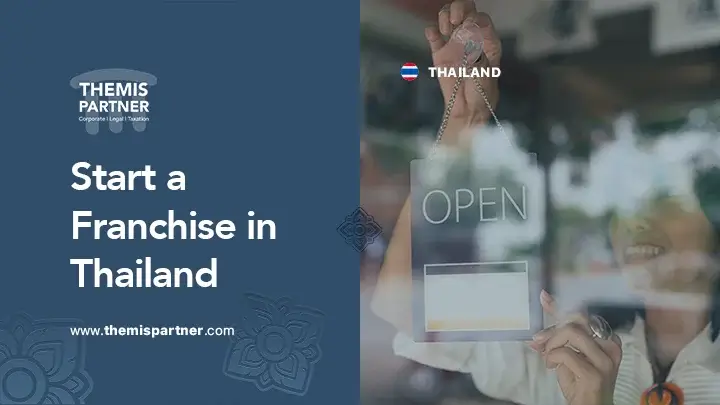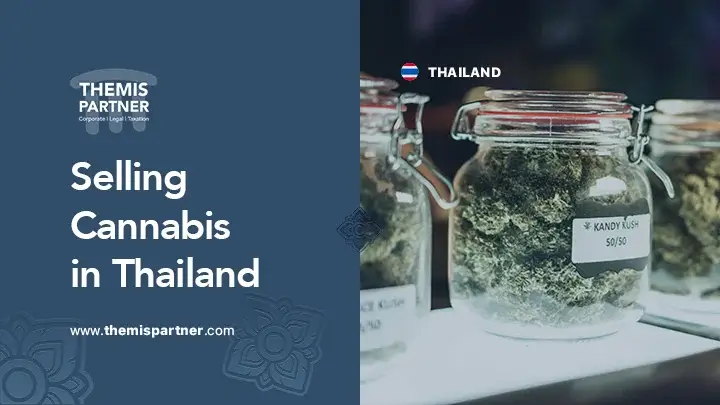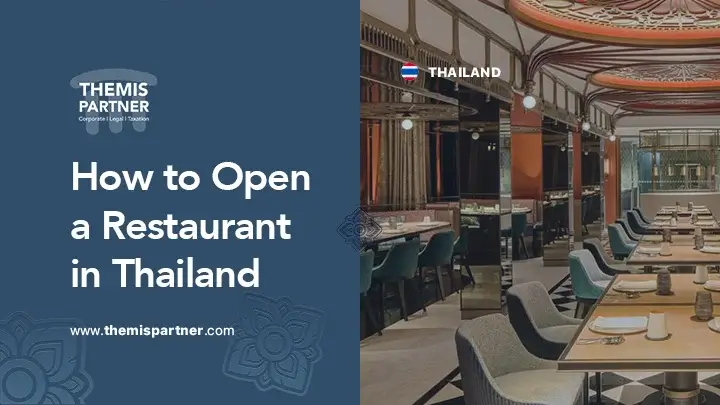Incorporation Guides
Gain a clear roadmap for starting a business in Thailand, plan confidently and build on a solid foundation.
BOI Incentives Guides
Explore Thailand’s BOI incentives to access tax benefits, investment privileges, and foreign ownership.
Corporate Governance Guides
Know the legal requirements to keep your business compliant, stay on the right side of authorities and avoid penalties.
Accounting & Tax Guides
Stay on top of Thailand’s accounting and tax rules to keep your business compliant and prevent costly mistakes.
HR & Payroll Guides
Learn the essentials of HR and payroll in Thailand to stay compliant, prevent disputes and strengthen trust with your team.
Immigration Guides
Navigate Thailand’s immigration landscape with confidence, make informed decisions and smoothly settle in Thailand.
Legal Guides
Understand the legal environment for foreigners in Thailand, from business to personal matters, learn how to protect your assets and rights.
Property Investment Guides
Explore Thailand’s real estate landscape for foreigners, understand how to buy or rent property and protect your investments.
Practical Business Guides
Step-by-step guides for starting and running businesses in Thailand, covering legal, licensing and industry-specific requirements.
Do you have more questions?
Schedule a free 30-minute consultation with one of our Thailand experts to discuss your specific situation.
Thailand Business Culture
Doing business in Thailand requires understanding that over 80% of decisions rely on relationship-building, not just contracts or pricing. Navigating Thai business culture including hierarchy, respectful greetings and indirect communication is essential for sustainable growth. From local gestures like the wai to adapting to digital transformation and new incentives like the Eastern Economic Corridor, cultural fluency helps multinational companies, joint ventures, and local teams succeed and accelerate market entry.
Core Values & Social Norms
Doing business in Thailand requires mastering core cultural values where hierarchy, respect, and trust drive every interaction. From greeting senior executives first with a wai and using proper titles, to avoiding public disagreement to preserve face, understanding Thai social norms is essential. Strong relationships and trust matter more than contracts, with personal connections, informal gatherings, and consistent reliability shaping negotiations and business outcomes. Honoring these cultural foundations accelerates success for multinationals, joint ventures, and local partnerships alike.
Thai Business Etiquette
Thai business etiquette emphasizes respect, formality, and harmony, where first impressions set the tone for successful partnerships. Key customs include greeting with a wai, presenting business cards with both hands, offering modest gifts, and addressing superiors with the ‘Khun’ honorific. Conservative attire, polite speech, and avoidance of sensitive topics like politics, religion, and the monarchy are essential, while consensus-driven decision-making requires patience across multiple meetings. Observing nonverbal cues, maintaining harmony, and discreetly handling mistakes strengthen collaboration and accelerate success in Thailand’s business environment.
Communication & Negotiation
Effective communication and negotiation in Thailand rely on understanding subtle, indirect messages and prioritizing harmony. Thai professionals often avoid direct refusals, so reading high-context cues like pauses, smiles, and silence is essential. Successful negotiations require patience, consensus-building, and trust, with decisions often involving multiple layers of hierarchy. Allowing several meetings, presenting to groups, and establishing rapport before discussing sensitive terms ensures stronger relationships and successful partnerships in Thailand’s evolving business environment.
Leadership & Workplace Dynamics
Leadership and workplace dynamics in Thailand combine respect for hierarchy with a growing emphasis on consensus and collaboration. Authority is rooted in seniority and formal titles, while private forums encourage input from all levels to maintain harmony. Expat managers should address colleagues with ‘Khun,’ consult senior staff first, and gather feedback discreetly. Thai workplaces are embracing digital tools, AI-driven HR platforms, and social commerce, alongside expectations for feedback, innovation, sustainability, and work-life balance. Balancing hierarchical respect with flexibility is key to thriving in Thailand’s evolving business environment.


